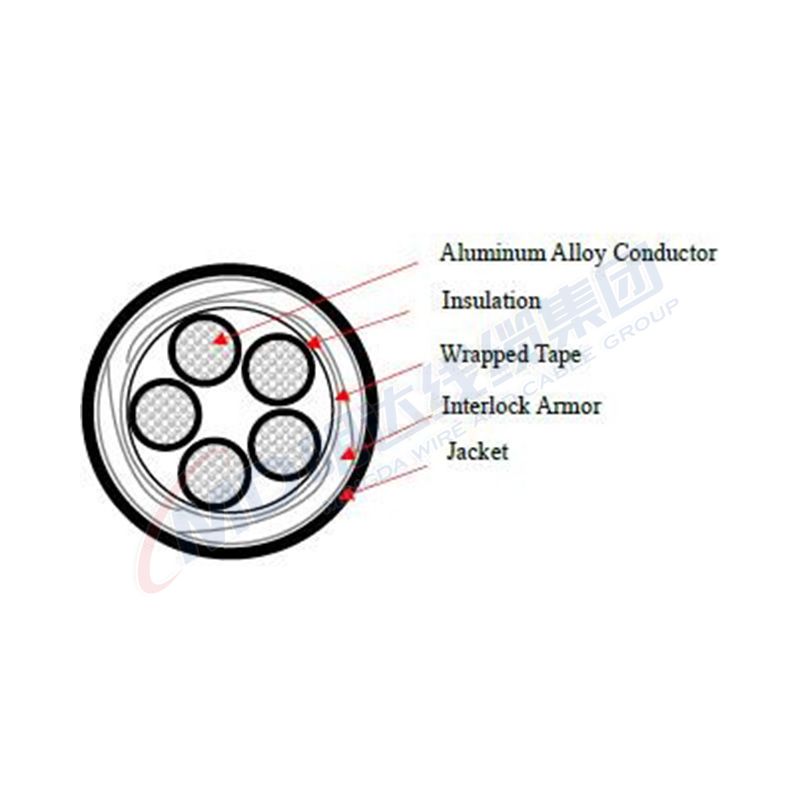9 月 . 14, 2024 12:30 Back to list
flanged gate valve
Understanding Flanged Gate Valves An Essential Component in Piping Systems
Flanged gate valves are critical components in various industrial applications, designed to control the flow of liquids or gases within piping systems. Their unique design and operational advantages make them a preferred choice in many sectors, including water treatment, oil and gas, and chemical manufacturing.
What is a Flanged Gate Valve?
A flanged gate valve is a type of valve that uses a sliding gate to control the flow of fluid. The flanged design refers to the presence of flanges—protruding edges or surfaces that serve to connect the valve to the piping system. These flanges are typically bolted to the corresponding flanges on the pipes, providing a secure and robust connection that can withstand high pressures and temperatures.
Design Features
The primary feature that distinguishes flanged gate valves is their simple design, consisting of a body, gate, and actuator. The gate, which is usually rectangular, moves up and down in response to the actuator, allowing or blocking the flow of fluid. When the gate is fully raised, the valve is open, enabling free flow. Conversely, when the gate is lowered, the valve is closed, completely preventing flow.
Flanged gate valves come in various materials, including cast iron, stainless steel, and brass, allowing for selection based on the specific requirements of the application. Additionally, they can be classified as rising stem or non-rising stem valves, depending on whether the stem rises with the gate during operation.
Advantages of Flanged Gate Valves
flanged gate valve

1. Minimal Flow Resistance One of the significant advantages of flanged gate valves is their ability to provide a straight-through flow path when fully open. This design minimizes turbulence and pressure drop, enhancing system efficiency.
2. Sealing Capability Flanged gate valves are designed to create a tight seal when closed, preventing leaks and ensuring fluid integrity. This is particularly important in applications where even a small leak can result in significant safety and environmental concerns.
3. Durability Constructed from robust materials, flanged gate valves are highly durable and capable of withstanding harsh operating conditions, including high pressures and extreme temperatures.
4. Maintenance and Serviceability The flanged design simplifies installation and removal, making it easier to perform maintenance or replace the valve without significant disruption to the piping system.
Applications
Flanged gate valves are extensively used across various industries. In the water treatment sector, they regulate the flow of water through treatment processes. In the oil and gas industry, they control the flow of crude oil, natural gas, and refined products. Chemical manufacturers utilize these valves to manage the flow of corrosive substances safely.
Conclusion
In summary, flanged gate valves are indispensable in modern industrial applications due to their reliability, efficiency, and durability. Understanding their design and operational principles can help engineers and technicians select the appropriate valve for their specific needs, ensuring the longevity and safety of their piping systems. Whether it's controlling water flow in a treatment plant or managing hazardous chemicals in a manufacturing facility, flanged gate valves play a vital role in maintaining the smooth operation of complex fluid systems.
Share
-
Understanding the Differences Between Wafer Type Butterfly Valve and Lugged Butterfly ValveNewsOct.25,2024
-
The Efficiency of Wafer Type Butterfly Valve and Lugged Butterfly ValveNewsOct.25,2024
-
The Ultimate Guide to Industrial Swing Check Valve: Performance, Installation, and MaintenanceNewsOct.25,2024
-
Superior Performance with Industrial Swing Check Valve: The Essential Valve for Any SystemNewsOct.25,2024
-
Industrial Swing Check Valve: The Ideal Solution for Flow ControlNewsOct.25,2024
-
You Need to Know About Industrial Swing Check Valve: Functionality, Scope, and PerformanceNewsOct.25,2024